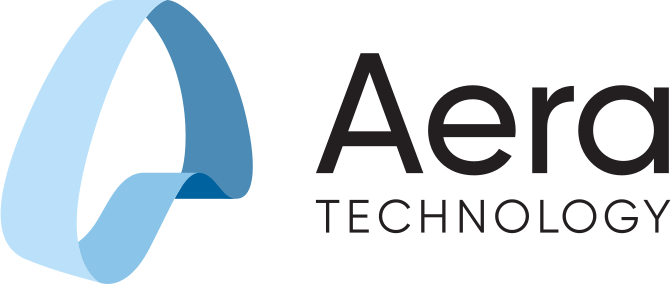The Challenge of Operationalizing Data Science: A March Madness Analogy

What does it mean to operationalize data science? And, what are the gains that can be achieved in doing so?
Since March Madness is around the corner, I thought I’d provide a simple example of how data science can help solve a complex problem based on interrelated data and variables – then extend this example to the real business problems that we’re solving each day using Decision Intelligence at Aera Technology.
Bracketology: A Data Science Problem
Despite the long odds of predicting a perfect tournament bracket, I have won more than my fair share of Final Four bracket competitions using a data science equation that I came up with over a decade ago. After collecting team, individual, and ranking data from various internet sites, I performed numerous regression iterations and found three main factors: team defense, free throw shooting, and guard play.
I will keep the exact variables a trade secret for now, but each year I run the analysis to predict the Final Four. In a typical bracket contest the points increase per round, so the winner needs to predict the Final Four champion (the early round games are inconsequential).
Operationalizing this Final Four bracketology equation would involve four basic steps:
- Feeding the data from the various sources into an environment where they can be joined
- Enriching the data by applying cleansing rules and expert knowledge (I expertly flag injured players who I think will not perform to their box score results)
- Running the model
- Writing the results into the bracket
Operationalizing my Final Four selection would be quite a difficult task. It would require a platform that can connect to all the websites I use to gather information on RPI ranks, team defense, box scoring statistics, and unstructured data on the injured reserve status of key players. The platform would need to bring the data together into a single data set for my classification model to run. Then, the platform would require a user interface for my expert overlay on the model results, and a mechanism to write into the contests that I enter. Just think of all those connections.
Decision Intelligence Solves Even Larger Real-World Problems
This Final Four “operationalized data science” solution that I’ve defined is basic compared to the business problems that Aera Decision Cloud™ solves from day to day. Those problems are made more complex by the global and cross-functional teams involved in making business decisions and the vast, disparate data sources they use to democratize their insights.
Decision Intelligence brings together multiple levels of data scientists who contribute insights into decision-making processes:
- Business analysts: Guide the improvement of processes, products, services, and software through data analysis
- Citizen data scientists: Perform some data science work, but don’t have a formal background or role related to advanced analytics, statistics, or related disciplines
- Dedicated data scientists: Offer experienced expertise in the creative use of data by developing strategies for analyzing data; preparing data for analysis; exploring, analyzing, and visualizing data; building models with data using programming languages; and deploying models
Aera Cortex™ allows these different people and roles to work together in a single platform, not only to combine real-time data insights, but also to enable continuous improvement of their data science modeling capabilities.
For instance, in my example, a business analyst might determine that a combination of team defense and the strength of schedule would create a meaningful insight. The business analyst would help to harmonize information to combine those key performance indicators (KPIs) of a championship team.
Meanwhile, the citizen data scientist analyzes the historical performance of top-ranked defensive teams and their Final Four performance. At the same time, the dedicated data scientist derives an AutoML model that brings in the different KPIs of strength of schedule or defensive ranking at different weights in different years, depending on the best model performance. All three roles work together to validate a result and create a user experience with this model so that the insights are easily understood.
Now that is operationalized data science – an advanced model that automatically runs, is capable of learning, and provides insights that are readily understood to different audiences.
This is why operationalizing data science is so valuable: it democratizes the decision-making process and it documents the context of each decision made, for continuous learning and knowledge capture.
How to Get Started
To get started operationalizing data science, you should:
- Identify the data sources that are important to your key performance indicators
- Assemble your global cross functional teams; and
- Choose the right platform to bring the information together for your decision support
Operationalizing data science involves automating modeling results and engaging business users to augment the decision-making processes. With Aera Decision Cloud, we give major global companies the Decision Intelligence capabilities to do just that. Those companies gain competitive advantages in the marketplace by learning more quickly, and making the right decisions at the velocity needed to surpass their competition.
Learn how companies like yours are deploying Decision Intelligence to improve the quality of decisions – join us for our Future Now webinar, “Decision Intelligence Playbook: Starting Your Journey to Digitizing Business Decision Making.”






